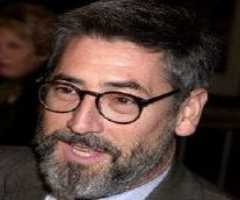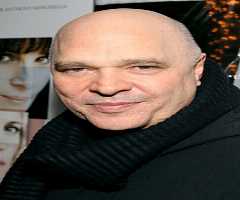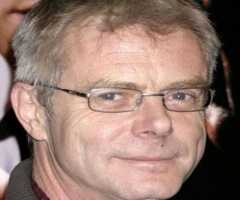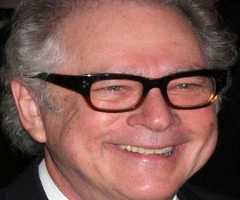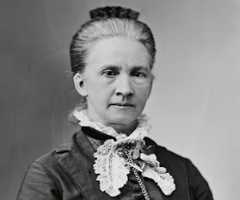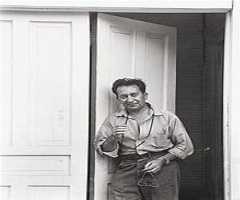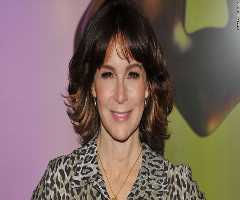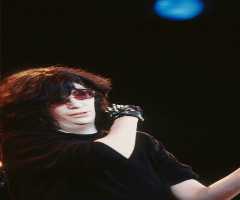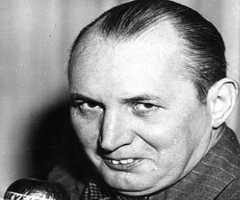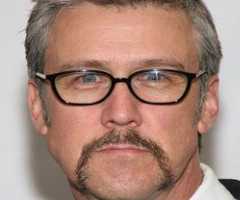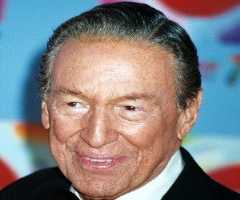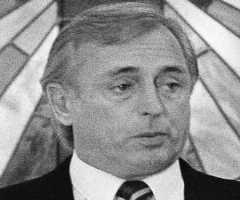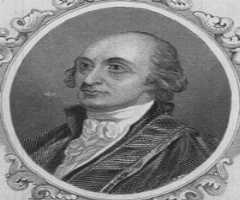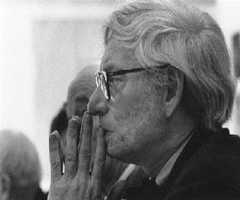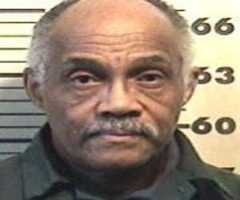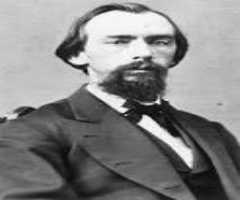Robert Rossen Biography, Life, Interesting Facts
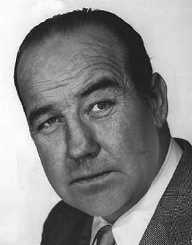
Birthday :
Died On :
Also Known For :
Birth Place :
New York City, New York, United States of America
Zodiac Sign :
Robert Rossen was an American film director, producer, and screenwriter. He is highly acclaimed for his film, 'the entire King's Men' that won an Oscar for ‘Best Picture.' Consequently, he was nominated for 'Best Director’ for the same film. Robert also wrote many interesting and outstanding scripts which had a depiction of how people kept on fighting the system which in the end destroyed them.
Early Life
Robert Rossen was born to Jewish immigrant parents from Russia in New York City on March 16, 1908. His father was a rabbi. Their abode was in New York City's eastern lower lands. Despite being from a poor background, Robert attended New York University after clearing school.
Early career beginnings
Robert Rossen started out as a qualified welterweight boxer way before he set out to writing scripts for stage plays. In 1920, Robert began producing games for the ‘Washington Square Players’ and later on staged for the ‘Theatre Guild.' Between 1930 and 1935 he was an actor, stage manager and finally rose to being a director of stage plays. In 1935, Robert wrote and directed his first play ‘The Body Beautiful,' a comedy film about a young dancer. After a year, he became a screenwriter for Warner Bros where he worked for Melvyn Le Roy till 1945.
‘Marked Woman’ was his first screenplay in 1937, and it starred Bette Davis. It was a reflection of the crime and prostitution budding in the various structures of the society and the need for empowering women to battle dishonesty. He released ‘They Won’t Forget’ and ‘Racket Busters’ in 1937 and 1938 respectively.
His other works included, ‘Dust Be My Destiny, ’Desert Fury,' 'The Strange Love of Martha Ivers, and ‘A Walk in the Sun.' Moreover, ‘The Roaring Twenties’ in 1939, ‘A Child Is Born,' ‘The Sea Wolf,' ‘Blues in the Night,' ‘Out of the Fog' and ‘Edge of Darkness’ were other intriguing works that he did. Most of this works were done between 1937 and 1947. By and large, in 1949, he produced the movie ‘The Undercover Man.'
In 1947, Robert wrote an unsuccessful film ‘Jonny O’clock’ which commenced his career as a director. This story was based on murder taking place among a group of gamblers. After that, he produced ‘Body and Soul’ which was immensely successful at the box-office. From the money he earned from the film, he set up his own company which was sponsored by ‘Columbia Pictures.'
Financial support enabled him to produce and direct a movie, ‘All the King’s Men,' that scooped 'Best Picture' award at the Academy Awards. Broderick Crawford, the star in the film, won the award for Best Actor and Mercedes McCambridge was regarded as the Best Supporting Actress from the same film. His next film ‘The Brave Bulls’ was somewhat successful.
There came the HUAC affair for which Robert was called to be a witness against fellow Communist party members. Despite the fact that he had great successful films, this incident made him become suspicious and was engulfed in the judicial proceedings that followed. Robert had refused to oblige, and this caused him to be blacklisted. In his second appearance before the HUAC committee, he gave in and provided names of suspected Communists and got an official pardon in 1953.
It was after this occurrence that his career as a film coordinator in Hollywood went into a downhill slide. After some time he got a chance to direct ‘Mambo’ a melodrama in 1955.These film starred Vittorio Gassman, Shelly Winters, and SilvanaMangano.
His ‘Alexander the Great’ in 1956 was a momentous epic film that starred Richard Burton which was followed by a story on interracial experiences ‘Island in the Sun’ in 1957. After two years, Robert produced the film ‘They Came to Cordura’ that had Gary Cooper and Rita Hayworth starring. Though many people thought that the film would yield substantial commercial success, it was not a success at the box-office. Although Rossen tried to revise the movie and release it many times, it was to no avail.
‘The Hustler’ in 1961 was a film he produced, and it was starring Paul Newman in the lead role. It helped Robert make a comeback to his previous level after the many flops. He got back some of his reputation that he had lost due the HUAC committee scandal. ‘The Hustler’ was a story of winners and losers in the world of professional pool players, and he got inspiration from the experience he had all through his childhood and teenage days. Notably, 'The Hustler' film was listed for nine Oscar’s awards, and it ended up winning two awards.
In 1964, Rossen produced ‘Lilith’ a story about a psychiatric member of staff who falls ill and is strained to seek help. This film starred Warren Beatty and Jean Seberg. Evidently, the film once again confirmed that he had not lost his touch in his field of work and that he was an outstanding executive producer. Another film worth noting was ‘Roaring Twenties’ set in the environment of the post-World War I period. Also, before his abrupt death, Robert was in the process of making the start of the ‘Great Depression’ an educational film which was a representation of societal and money-making prejudice.
Awards And Life Achievements
In 1949, Robert Rossen’s film ‘All the King’s Men’ won an Academy Award for ‘Best Picture.' He too was nominated for ‘Best Director.' The film won ‘Academy Awards’ for ‘Best Actor’ and ‘Best Supporting Actress.' The same film got him to win the ‘Golden Globe Award’ for Best Director’ and ‘Best Picture.’
Also, he got the award for ‘Best Direction’ from the ‘New York Film Critics’ for the film ‘The Hustler’ in 1961. He got a nomination for an ‘Academy Award' for 'Best Director’ for the same movie. Robert made marks in the film industry with his amazing productions.
Personal Life And legacy
Robert married his wife Susan Siegal in 1936. Together they had three children, a son Steven and two daughters Carol and Ellen.
Unfortunately, he died at the age of 57 on 18th February 1966 in Hollywood, Los Angeles, California, USA. He had been having a series of illnesses that he did not recover from which ultimately led to his death.
Evidently, his writings brought out some of the struggles he had to endure to get to the top of his game despite the corruption and lack of integrity in the system. In other situations, the writing ideas in his films surrounded the concept of lack of wisdom and experience. Besides this, Rossen handled most of the movie proficiently.
Robert’s last film pointed out the decay of values and norms in the society. Also, the others that followed were based majorly on reality than ideas. Unfortunately, he passed away amidst his last project. His death came unexpectedly. Therefore, he was not able to finish the film. This film featured a group of people living in the Cape Kennedy area and the frequent and mental problems that affected them.
Trivia
Robert was an alcoholic, and this problem was the primary cause of his numerous health complications. These issues contributed to his early death.

